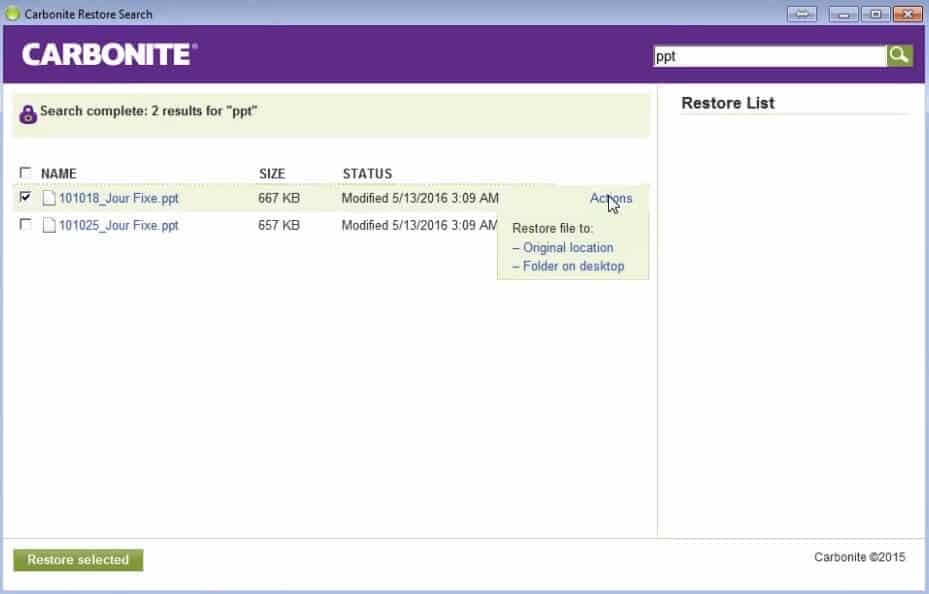

As such, it's critical to consider the following key questions before signing a contract with a BaaS provider. They differ widely when it comes to such considerations as price, scope of coverage and the amount of data they can back up. Questions to ask before selecting a BaaS providerĪlthough data backup service providers generally do a good job, they aren't all created equally.

This provides protection against natural disasters and human error. Data is stored off site, often in multiple locations.

Data is encrypted at rest and in flight, providing protection against hackers and ransomware.An organization can automate long-term data retention, which is essential for complying with regulatory retention requirements.Each BaaS provider has its own way of doing things, but generally speaking, there are several benefits an organization can expect to gain from an enterprise backup-as-a-service offering. The popularity of BaaS is largely due to its many benefits. Unless an organization is using a cloud storage gateway, BaaS will be slower than an on-premises product, as it uses a WAN connection to back up and restore data.For example, a BaaS provider may not support backing up video files or might prohibit the backup of files over a certain size. Some data backup service providers have capacity or data type restrictions.BaaS providers typically require data to be backed up to cloud storage.BaaS is only available as a subscription, whereas some on-premises backup offerings are still available with a perpetual license.Modern BaaS offerings often mimic backup products that are designed to run on premises, but there are some key differences, including the following: Key differences between on-premises and cloud-based backup Some BaaS providers will enable organizations to back up these end-user devices, thereby protecting otherwise vulnerable data. An organization should consider BaaS if its current backup tool is leaving gaps in coverage or isn't fully meeting its needs.īaaS is also a good option for organizations that have employees working from home and saving data on their own personal devices. Some providers offer enterprise backup as a service, while others offer services that are more suitable for SMBs. There are BaaS offerings to fit almost every organization's needs. Others, however, are more niche in their scope and might focus on protecting a particular hypervisor or a specific SaaS application, such as Microsoft 365. Some cloud backup service providers offer comprehensive data protection services and can back up almost anything. Some providers, however, require that organizations use third-party clouds, such as AWS or Microsoft Azure, as a backup target.īaaS providers vary in terms of what they can back up. This online backup service typically also provides cloud storage for backup and data protection. Backup as a service, or BaaS, refers to a data protection architecture in which the backup server runs in the cloud as a managed service the backup vendor maintains.


 0 kommentar(er)
0 kommentar(er)
